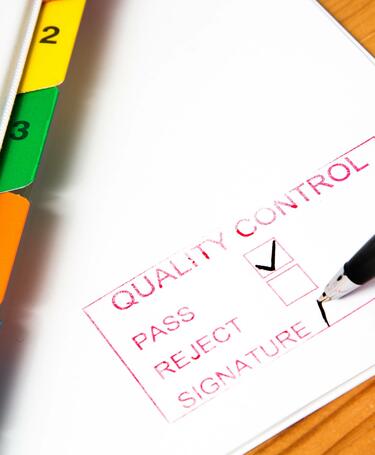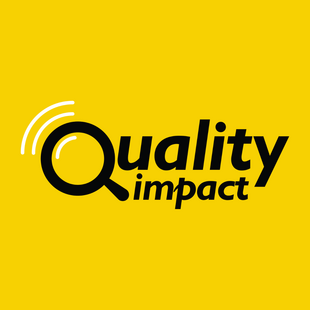
Bridging the gap
Progress indicator

Anar Malikov CQP FCQI outlines how quality frameworks can be adapted to make them fit for every business.
Quality management is essential for any business aiming for long-term success. However, many organisations struggle to adapt existing quality frameworks to their unique needs. Whether because of size, scope or industry, businesses often find themselves in a dilemma – either overcomplicating their systems with unnecessary layers of bureaucracy or failing to implement quality management effectively, leading to inefficiencies and compliance issues.
This challenge stems from a fundamental gap in most quality models; they provide broad principles, but lack clear guidance on how to tailor these principles to different business structures.
Challenge of one-size-fits-all quality models
Most recognised quality management systems (QMSs), such as ISO 9001, Baldrige, or the EFQM Model, offer frameworks that emphasise continuous improvement, risk management and customer satisfaction. However, such QMSs often assume that businesses will interpret and adapt them according to their needs.
In reality, though, this assumption is flawed. Businesses, particularly small and medium-sized enterprises (SMEs) and startups, often lack the resources or expertise to customise these frameworks efficiently. Instead, they may do the following.
- Over-engineer their systems: trying to mimic large corporations, an SME introduces excessive documentation, complex approval processes and redundant controls that stifle agility.
- Oversimplify and cut corners: in an effort to keep things lean, they adopt superficial quality measures that fail to drive real improvement.
- Struggle with implementation: employees and managers view quality as a burden rather than an enabler of success, leading to low engagement and resistance to change.
Quality should fit the business, not the other way around
To truly integrate quality management, businesses must shift their mindset. Instead of forcing their operations to fit a rigid quality model, they should adapt the framework to suit their structure and objectives.
Some of the key considerations for tailoring quality frameworks include the following.
- Size matters: a small company does not need the same level of complexity as a multinational corporation. Instead of formalised quality departments and exhaustive documentation, SMEs should focus on simple, efficient quality controls that integrate seamlessly into daily operations.
- Industry-specific needs: quality management in manufacturing differs from service industries. Businesses should prioritise industry-relevant metrics rather than following generic guidelines that may not align with their operations.
- Scalability and flexibility: a quality system should grow with the business. Startups and SMEs should build adaptable processes that can evolve, rather than rigid systems that become obsolete as the business expands.
- Employee engagement: quality should not be seen as compliance-driven paperwork, but as a culture of excellence. When employees understand why quality matters, they are more likely to embrace and sustain it.
"Quality should be an enabler, not a barrier. Instead of forcing businesses into rigid models, quality frameworks should be interpreted and adapted to fit organisational realities."
The path forward: making quality work for you
To bridge this gap, organisations need customised quality strategies, rather than blindly applying existing frameworks. This can be achieved by:
- simplifying the approach: focus on essential quality practices and avoid excessive procedures that add no value;
- training and awareness: ensure that employees understand how quality connects to their roles and responsibilities;
- leveraging technology: use digital tools to streamline quality management rather than relying on outdated manual processes;
- continuous feedback and improvement: quality is a living system; it should be reviewed, refined and improved over time.
Final thoughts
Quality should be an enabler, not a barrier. Instead of forcing businesses into rigid models, quality frameworks should be interpreted and adapted to fit organisational realities. By simplifying, customising and embedding quality naturally into operations, businesses can achieve sustainable improvement without unnecessary complexity.
At the end of the day, quality is not about compliance – it is about building a business that thrives on excellence.
Quality World

Get the latest news, interviews and features on quality in our industry leading magazine.
The latest from the CQI Podcast

Listen to the Quality Impact podcast, where experts share insights on the evolving role of quality across industries.
Become an event partner for Quality Live 2025
Raise your organisation's profile with our audience of international quality and auditing professionals


